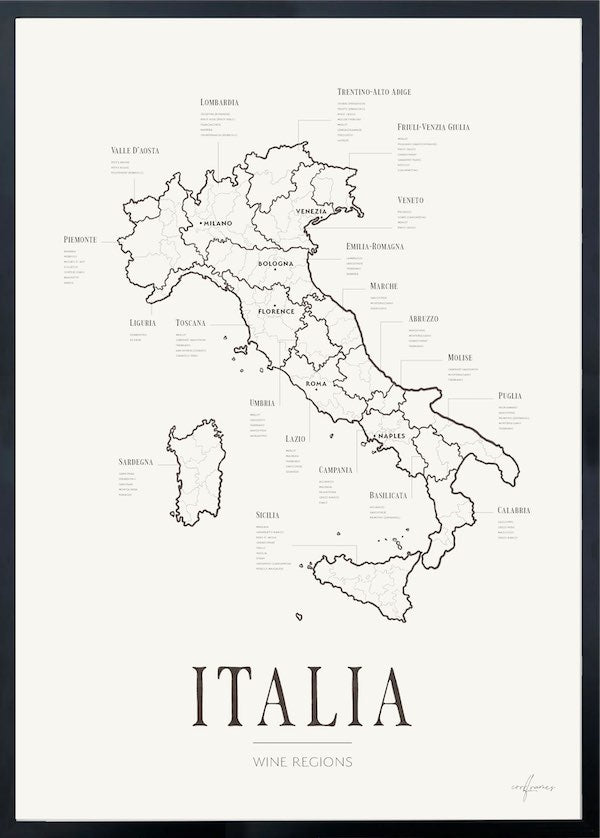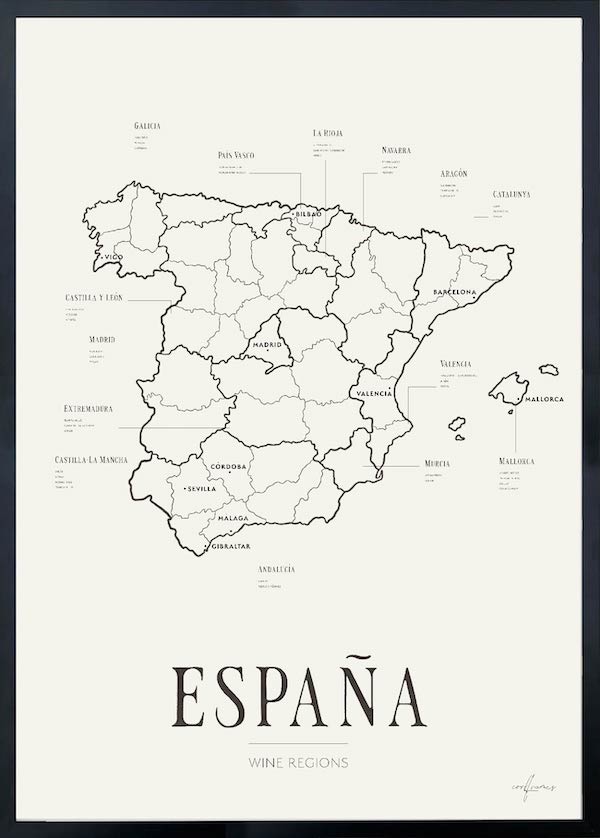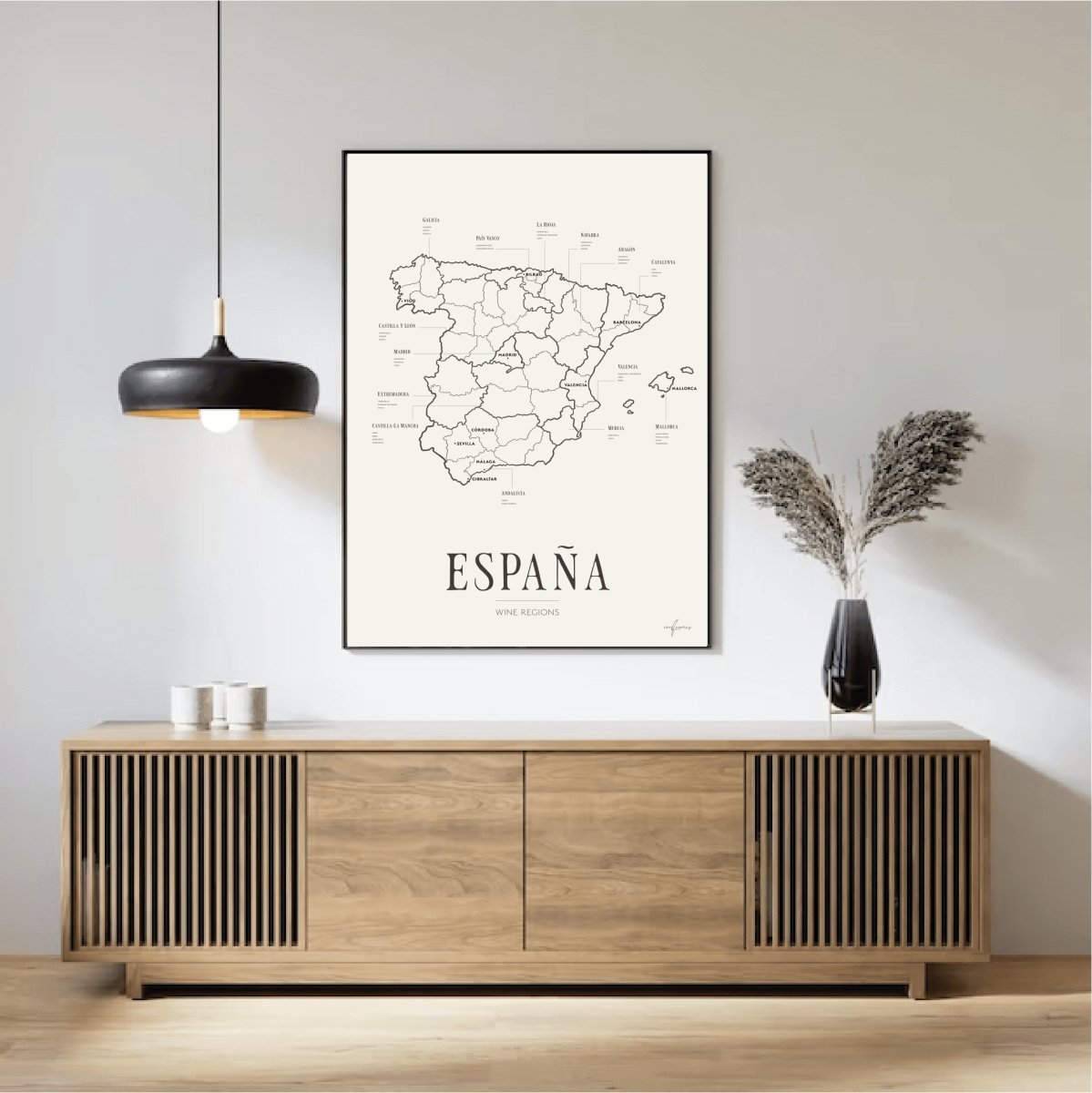The Marcona almond, often referred to as the "king of almonds," is a luxurious and highly sought-after variety primarily grown in Spain.
Known for its round shape, buttery texture, and mild, sweet flavor, it stands apart from more common almonds, which tend to be flatter and drier. Marcona almonds have quickly become a favorite both in Spanish cuisine and on the international market, often used in gourmet dishes and as an exclusive snack.
Cultivation and Origin
Marcona almonds are almost exclusively grown in Spain, particularly in regions like Valencia, Alicante, and Andalusia. Spain's almond production accounts for about 10-15% of the global market, with Marcona almonds making up a significant portion of this output. The warm Mediterranean climate and nutrient-rich soils in these areas create ideal conditions for cultivating this almond variety, which requires careful maintenance and specific growing techniques.
A unique aspect of Marcona almond production is that they are often grown on small, family-owned farms using traditional and sustainable farming methods. This contrasts with the more industrialized techniques used to produce common almonds, especially in California, which accounts for around 80% of the world's almond production. Spanish almond growers focus on quality over quantity, resulting in a product with a richer taste and higher nutritional value.
What Makes Marcona Almonds Special?
Unlike common almonds, which have a more neutral flavor and crispier texture, Marcona almonds are creamy and sweet, almost buttery in their texture. This unique flavor profile makes them ideal for roasting and salting, and they are often served as a luxurious snack in Spanish cuisine, particularly alongside cheese and wine. Marcona almonds are also used in sweet pastries and are a key ingredient in traditional Spanish nougat, "turrón."
Another key difference is the higher oil content in Marcona almonds, which contributes to their rich flavor and makes them softer than regular almonds. This not only enhances their taste but also makes them more nutritious, with higher levels of healthy fats and vitamin E.
Sustainability and Tradition
In an era where industrial food production often dominates, Marcona almonds represent a sustainable and traditional alternative. Many Spanish growers use organic methods and rely on rainwater rather than irrigation, making production both environmentally friendly and energy-efficient. Additionally, Marcona almonds are hand-harvested, further adding to their premium status.
For those concerned with sustainable consumption, Marcona almonds are an excellent choice. They are not only a healthy option due to their nutritional content but also a product that supports small-scale farming and sustainable agricultural practices.
Demand and Luxury Status
Because of their exclusivity and limited supply, Marcona almonds are more expensive than common almonds. However, this has only fueled their popularity. They are used in everything from gourmet restaurants to luxury gift boxes and are highly valued by chefs and food enthusiasts around the world. As awareness of sustainability and food quality continues to grow, the demand for Marcona almonds shows no signs of slowing.
In summary, Marcona almonds are not only a luxurious ingredient but also a prime example of how traditional farming can produce high-quality, sustainable products. Whether enjoyed as a snack, in gourmet dishes, or in traditional Spanish treats, the Marcona almond offers a taste experience that is hard to beat.





























